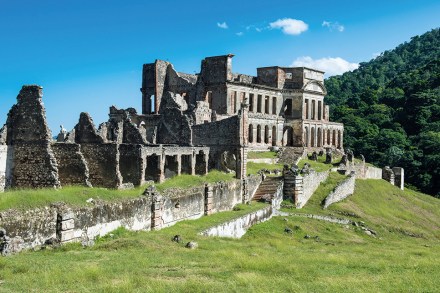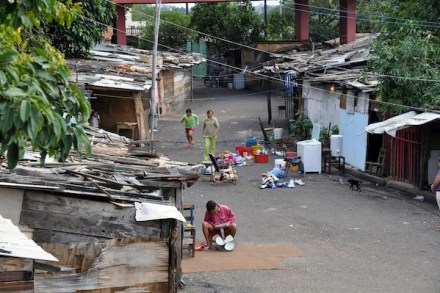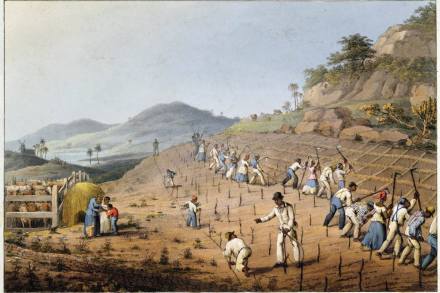The world’s best wrecks and ruins
Ruins, shipwrecks and lost cities are endlessly intriguing. I once went to Kolmanskop in Namibia and found myself wondering quite what it was that was so alluring. At one level it’s just a rather dowdy German town out in the desert, abandoned in 1956. But what’s special there is the sand and the way it















